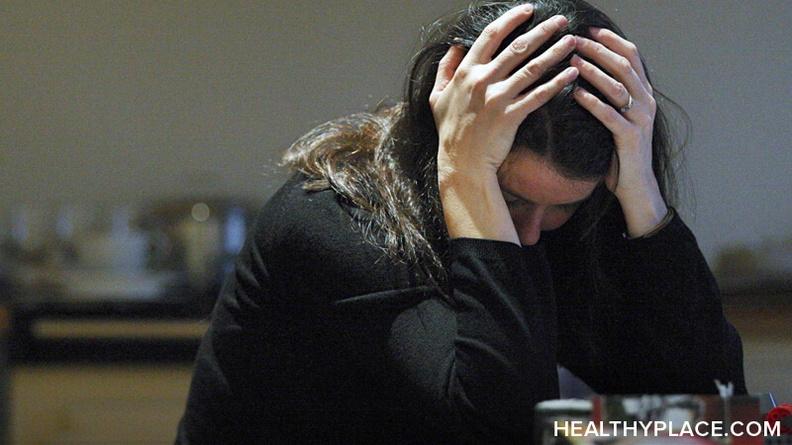Retraumatization: Can You Heal PTSD During Ongoing Trauma?

Healing is all about being able to shift out of survival mode, complete the trauma response, consolidate memories and move into a life focused on things other than threat and danger, safety and control. If you’re in a situation in which trauma maintains a high level of threat, either ongoing or sporadically (i.e., an abusive relationship, a war zone), it’s going to be very tough to heal posttraumatic stress disorder (PTSD). In that case, it can be beneficial to switch to a different strategy: Bulking up your trauma coping skills.
How Ongoing Trauma Interrupts Healing
By necessity, recovery forces you to face, wrangle and deal with disturbing thoughts, emotions, reactions, and memories. Doing so is incredibly tough, even when conditions are optimal and your environment feels completely safe and secure. When trauma continues to occur, it causes several problems that interfere with healing:
- Your sympathetic nervous system stays activated. In this state, your physical response to trauma maintains a high level of arousal. Blood pressure, heart rate, and stress hormones increase while non-survival processes decrease.
- Your parasympathetic nervous system doesn’t activate enough. This system is responsible for reversing the effects of the sympathetic nervous system. Without a reduction in blood pressure, heart rate and stress hormones and a full reactivation of non-survival processes, your body cannot receive the message that the trauma has ended.
- Your brain has trouble making healing changes. For example, the function of your amygdala and hippocampus (both extremely affected by trauma and linked to how you process trauma resolution) can be altered. The amygdala becomes sensitive to threat and over fires while the hippocampus’s memory consolidation process becomes interrupted, leaving traumatic memories hanging in an unresolved loop. Further, if your higher brain (executive) function doesn’t inhibit lower brain (instinctive) processes, then your trauma response will continue to direct your experience and behavior.
Replace Wish to Heal in Ongoing Trauma With a Realistic Coping Strategy
Success in recovery feels extremely important, which is why any outcomes short of success can seem so fatal. Believing you’ve “failed” at any step in healing can lead to stalling, becoming stuck or flat out giving up. That would be so wrong if continued trauma is interfering with your recovery process. The problem has zero to do with your healing skills and everything to do with the fact that you’re not in a safe enough space to heal.
Take the pressure off by reminding yourself that anyone would have trouble healing completely when still living in dangerous circumstances. Recovery will progress more smoothly if you first focus on strengthening your coping protocol. Deepening your coping skills from stress reduction (meditation, breathwork, mindfulness, yoga, etc.) to self-defense (kickboxing, self-defense training, karate, tae kwon do, etc.) will help you work toward the action at the bottom of every successful recovery: Making the shift from powerless to powerful.
If you work toward that shift in internal power, even while coping with ongoing trauma, then you will simultaneously be working toward an enormous element of healing. In this way you begin reducing the amount of trauma you experience, finding a way to remove yourself from the traumatic environment and also setting the stage for deeper recovery work when circumstances permit.
Michele is the author of Your Life After Trauma: Powerful Practices to Reclaim Your Identity. Connect with her on Google+, LinkedIn, Facebook, Twitter, and her blog.
APA Reference
Rosenthal, M.
(2014, September 25). Retraumatization: Can You Heal PTSD During Ongoing Trauma?, HealthyPlace. Retrieved
on 2026, March 4 from https://www.healthyplace.com/blogs/traumaptsdblog/2014/09/how-to-heal-ptsd-during-ongoing-trauma
Author: Michele Rosenthal
Hi HealthyPlace Team, hi Michelle,
your article was just so timely for me! Thank you for encouraging me to stay focused on healing and how to do it in difficult and triggering times. I just wrote a post today about not having a safe space and environment to heal from PTSD: https://mariemathilda.wordpress.com/2016/01/27/putting-out-fires/